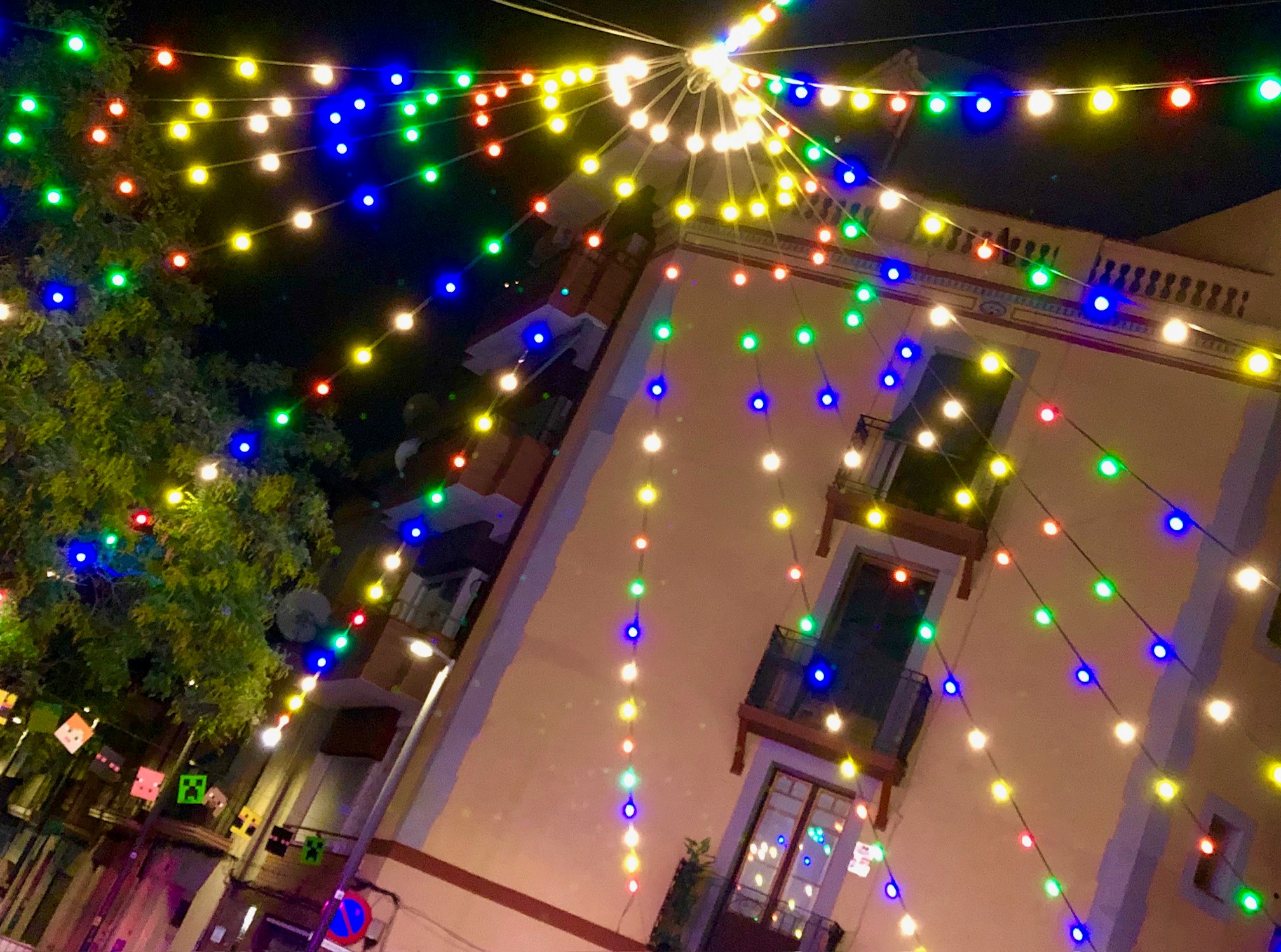
24 Aug Mediation in Nightlife: The Barcelona Experience
Mediation in Nightlife: The Barcelona Experience
Nightlife is a space for social interaction, enjoyment, and cultural dynamism, but also a setting where conflicts arise between residents, business owners, customers, and public administrations. In cities like Barcelona, with an intense nightlife and a high concentration of venues in certain areas, managing these conflicts becomes a constant challenge.
In this context, mediation emerges as a key tool to seek balanced and sustainable agreements that improve coexistence, complementing administrative and judicial actions.
Common conflicts in nightlife
-
Noise and disturbances affecting residents’ rest.
-
Non-compliance with closing hours of venues.
-
Alcohol consumption in public spaces (street drinking).
-
Security issues and episodes of discrimination at venue entrances.
-
Tensions between business owners and administrations over licenses, sanctions, or inspections.
These issues affect not only coexistence but also public health and the perception of safety in neighborhoods.
The regulatory framework
Mediation in this field operates within a regulatory framework aimed at balancing rights and obligations:
-
Law 16/2015, on the simplification of administrative activity of the Government of Catalonia and local authorities, regulating aspects related to recreational activities and public shows.
-
Decree 112/2010, of August 31, approving the Regulation of public shows and recreational activities in Catalonia, setting safety conditions, opening hours, and corrective measures for nightlife venues.
-
Barcelona’s Urban Landscape Use Ordinance and the Civic Ordinance (2005, amended in 2018), establishing limits on the use of public space, sanctioning street drinking, and regulating terraces.
-
Law 20/2009, on environmental prevention and control of activities, regarding noise pollution.
-
Law 5/2012, on mediation in civil and commercial matters, and Law 15/2009, on mediation in private law in Catalonia, legitimizing mediation as a tool for conflict management and resolution, also applicable in this sector.
While this regulatory framework provides control, it does not always prevent conflicts. This is where community and sectoral mediation proves essential.
The value of mediation
Mediation in nightlife goes beyond resolving specific disputes; it creates structured dialogue spaces to prevent conflicts and build trust among the parties.
Its contribution is twofold:
-
It reduces judicial and administrative conflict, avoiding appeals, sanctions, and lengthy procedures.
-
It improves coexistence and the reputation of nightlife venues, which are seen as responsible actors in their communities.
Main benefits
-
Conflict prevention through agreements on schedules, soundproofing, and customer flows.
-
Improved neighborhood coexistence and shared responsibility.
-
Reduction of sanctions, appeals, and administrative closures.
-
Positive reputation for the nightlife sector.
-
Citizen participation and shared responsibility in conflict management.
Experiences in Barcelona
Barcelona has been a pioneer in incorporating community mediation as a strategy to manage nightlife.
-
In the Gothic Quarter, participatory processes were promoted between neighborhood associations, business owners, and the City Police to agree on loading/unloading schedules, noise control, and safety protocols.
-
In Gràcia, mediators facilitated agreements regarding the management of terraces and compliance with closing hours, particularly in squares with a high density of bars.
-
In Poblenou, with the arrival of new venues in former industrial warehouses, mediation enabled the adoption of soundproofing measures and limits on alcohol sales, reducing tensions with local residents.
These processes, promoted in collaboration with the Mediation Service of the Directorate of Citizenship Rights and Diversity of the City Council, have become references at the national and international levels.
The profile of the mediator in nightlife
The mediator in this field must have specific skills:
-
Knowledge of the sector and its regulatory framework.
-
Ability to manage community and multiparty conflicts.
-
Sensitivity to the cultural and social diversity of nightlife spaces.
-
Capacity to build bridges between residents, business owners, and administrations in high-tension contexts.
Conclusion
Mediation in nightlife is consolidating as an urban governance tool that balances the right to rest with the right to leisure.
In Barcelona, these experiences show that dialogue works and that it is possible to build sustainable agreements and relationships of trust among residents, business owners, and public administrations.
The challenge is to consolidate and expand these practices to ensure a more livable, sustainable, and respectful city for all its inhabitants.
